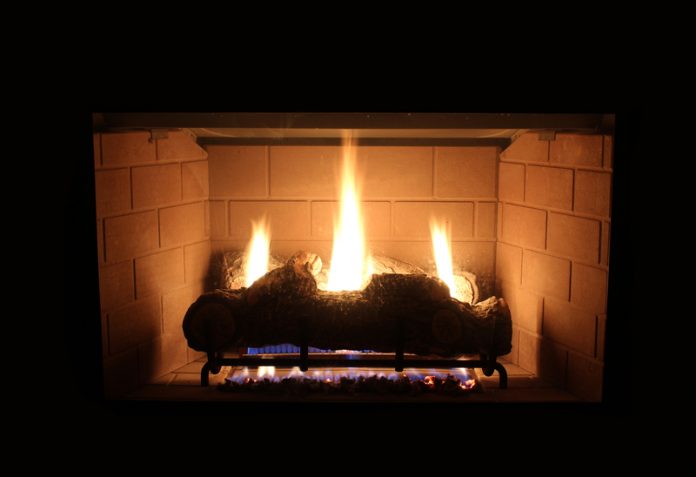Maria Wardrobe, Director of External Affairs at National Energy Action outlines the importance of tackling fuel poverty in the UK…
Fuel poverty remains a bigger killer across the UK than road accidents, alcohol or drug abuse combined. In our UK Fuel Poverty Monitor 2014-2015 we estimated that in addition to 125,000 needless deaths, over the next 15 years national health services could be forced to spend £22bn treating cold-related morbidity.
Current resources remain less than half of what is required to tackle the problem. The Committee for Climate Change (CCC) estimates that £1.2 – £1.8bn per annum is needed to meet the government’s Fuel Poverty Strategy in England. In addition, across the UK as a whole, there are 6 million low income households living in properties which could be fatal, damage living standards or are simply too expensive to heat. The next few months will be of critical importance if we are to help. The UK government must ensure current schemes are better targeted towards those that need the most support; expand energy bill rebates so the poorest working households benefit for help automatically and secure non-departmental capital funds to improve domestic energy efficiency within the upcoming Comprehensive Spending Review.
The latter would ensure energy efficiency activity moved away from being funded solely by energy consumers or one departmental budget to become a joint capital funded initiative supported by other government departments but paid for by current infrastructure budgets. Key to this new approach is recognising domestic energy efficiency investments provide energy capacity cheaper than investment in new generation has done historically. In the process this can create local jobs and significant economic growth, while reducing gas imports and carbon emissions. Currently, despite the benefits, not £1 of the annual c. £25bn UK infrastructure budget has ever been spent on this type of initiative.
The need is great and the funds are available. If we finally get this right, not only can we reduce costs from cold related hospital admissions and stop needless deaths, we can encourage economic growth while making homes warmer and healthier. With more than 30 years’ experience, National Energy Action (NEA) works to increase strategic action against fuel poverty, while improving access to energy efficiency and related programmes. Responding to pressure from the cost of excess winter deaths and treating morbidity, the National Institute for Health and Care Excellence (NICE) recently identified key recommendations for commissioners and health and social care practitioners in providing support to vulnerable people living in cold homes. Having given evidence to the NICE committee, NEA is well placed to help local authorities and the health sector:
– Train staff on the health impacts of fuel poverty;
– Develop and implement affordable warmth strategies;
– Deliver practical installations of energy efficiency;
– Provide localised profiling and fuel poverty mapping;
– Facilitate community engagement and public awareness;
– Review ventilation and other technical building Standards.
For more information please email: partnerships@nea.org.uk or telephone 0191 2615677 (option 8)
Maria Wardrobe
Director of External Affairs
National Energy Action











